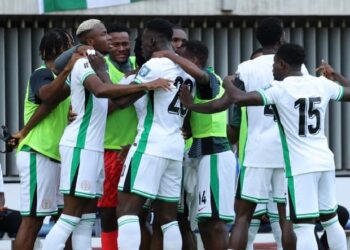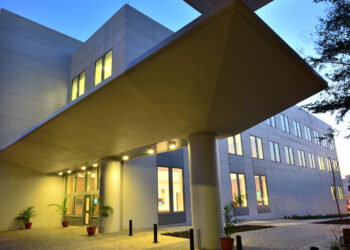By Oyintari Ben
In an unprecedented social and economic crisis since Fidel Castro’s 1959 revolution, Cuban lawmakers met on Wednesday to elect a new president for the next five years.
The only recognised political party in the nation, led by the incumbent Miguel Diaz-Canel, is generally anticipated to win re-election in the National Assembly vote that will take place later in the day-long session that will also pick the new leaders of parliament.
The morning session, which was televised on state television, was attended by his 91-year-old predecessor, Raul Castro, a congressman and the brother of the late Fidel Castro. He firmly shook hands with other lawmakers while wearing drab olive military attire.
During their upcoming five-year tenure, lawmakers and newly elected leaders will have to overcome formidable obstacles.
Since the coronavirus epidemic, inflation has skyrocketed, tourism has declined, and long lines for food, medicine, and fuel have increased tensions and stoked unrest, resulting in the greatest protests in decades in July 2021.
Hundreds of thousands of people fleeing economic disaster have left the Caribbean island in the past year.
Prior to Wednesday’s session, parliamentarians suggested candidates for president and legislative leaders in private. These candidates were then examined by a National Candidature Commission. The entire assembly is given the opportunity to vote on the finalists.
The 470 parliamentarians slated to vote for the upcoming election were chosen on March 26 in a general election with no opposition.
Later in the day, the newly elected president is set to address the country.



































